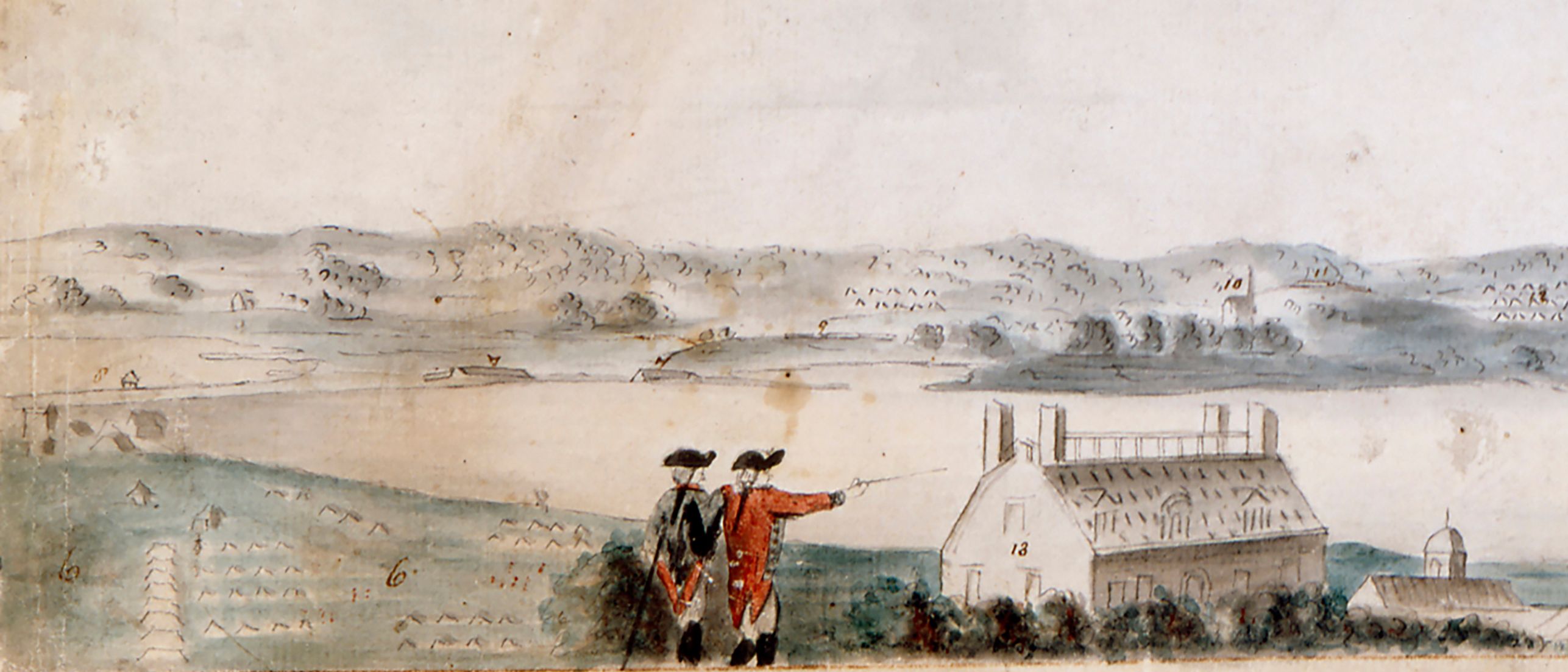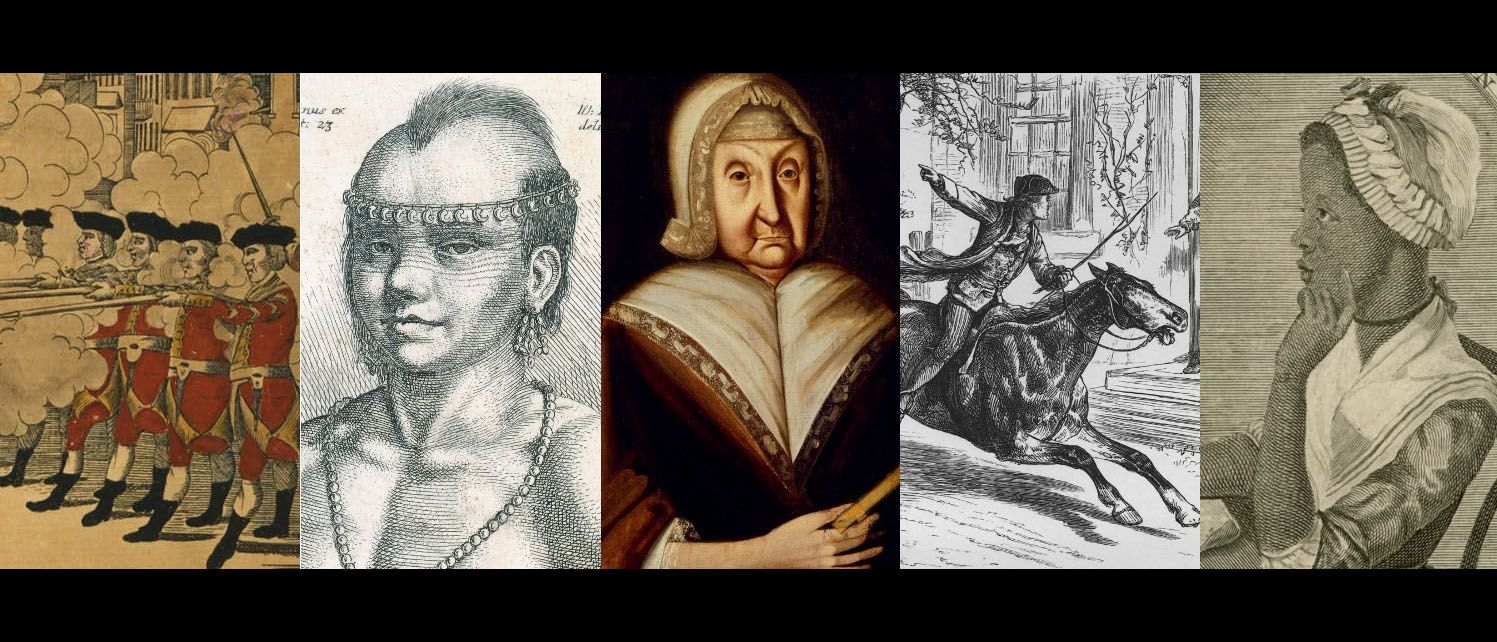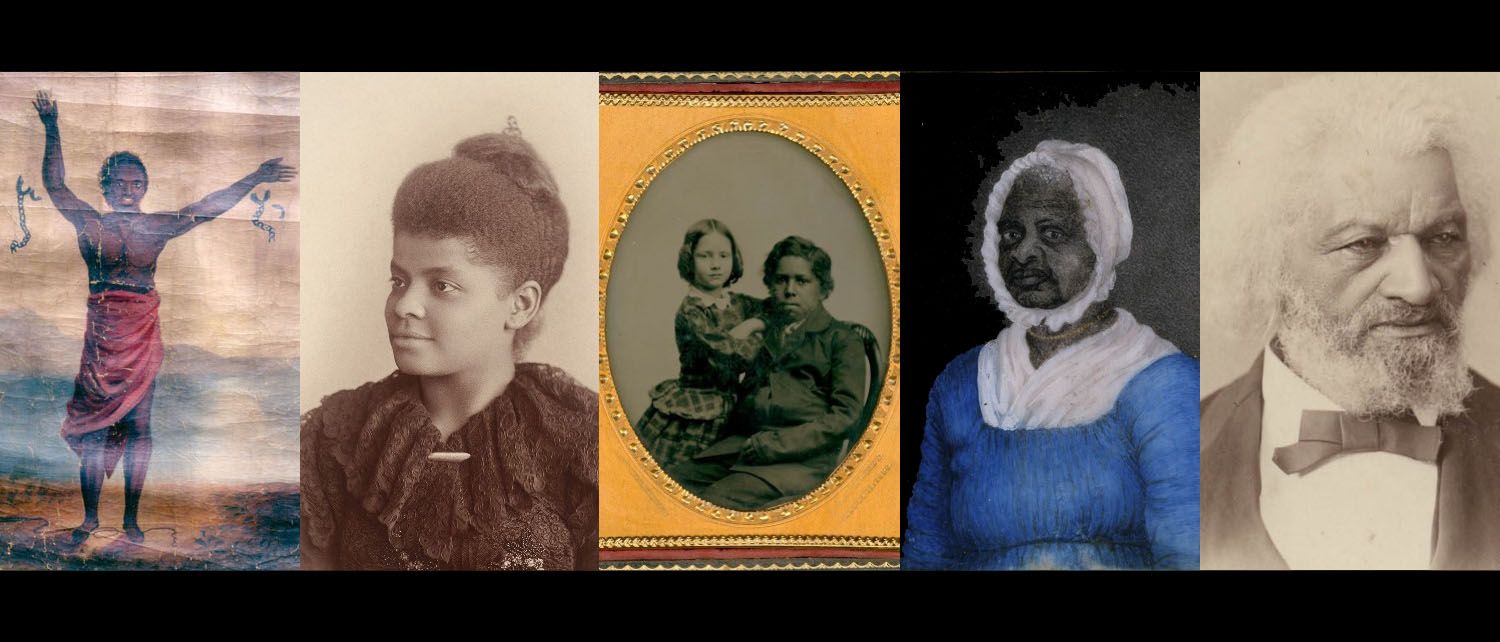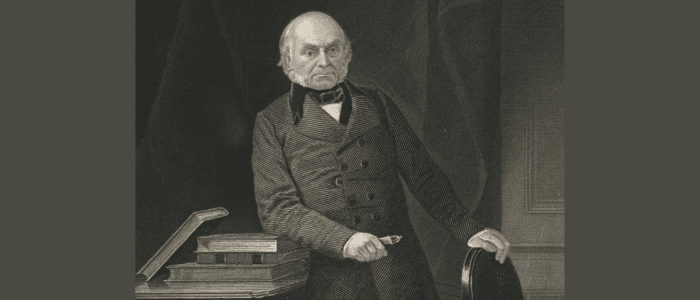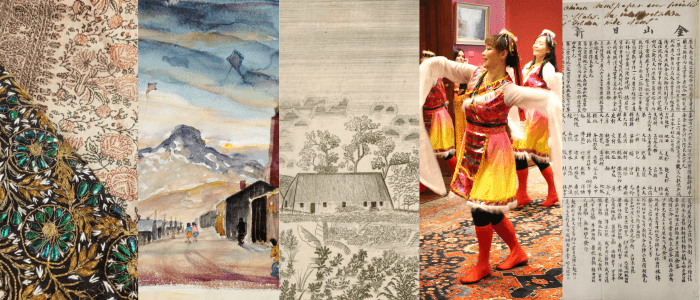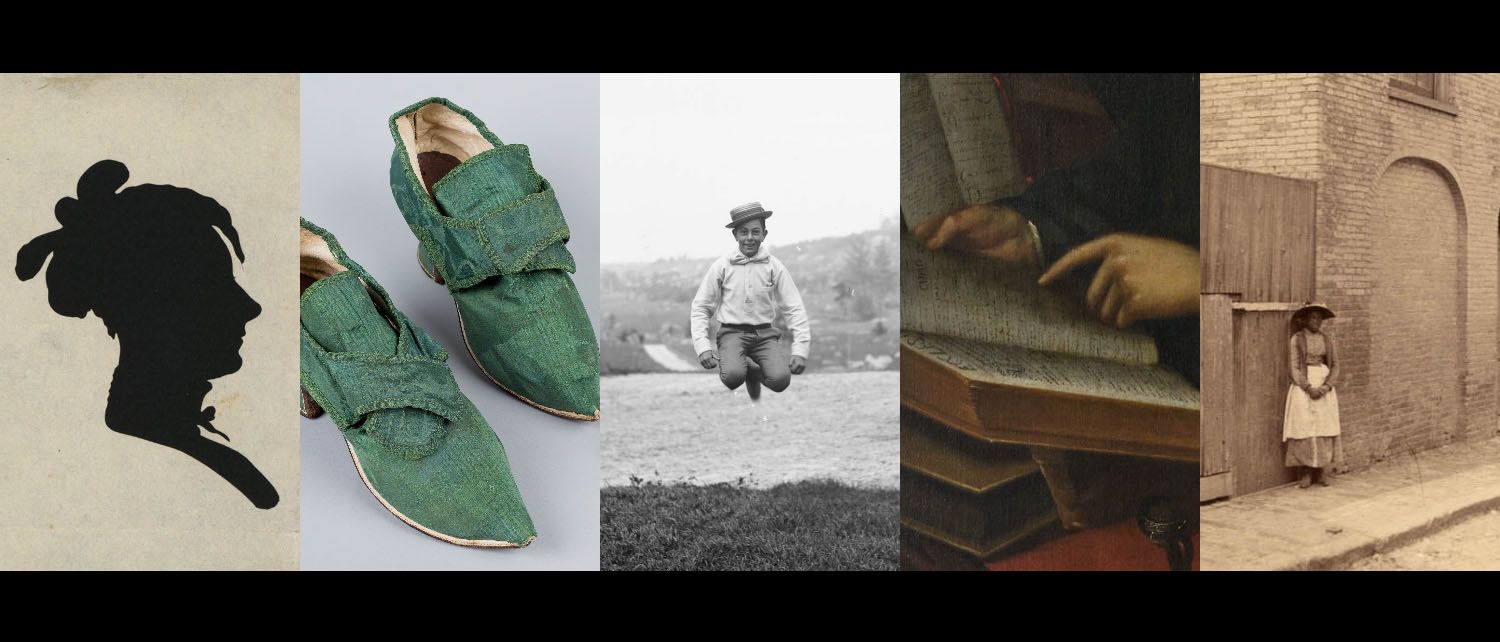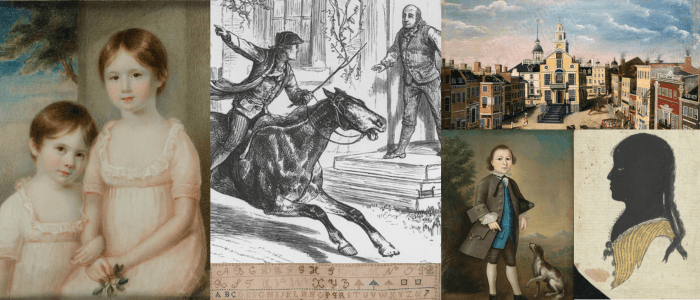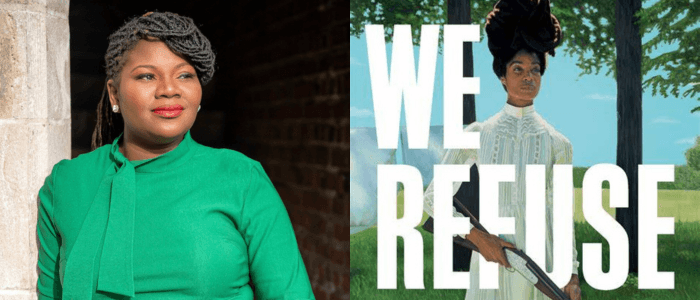Event

Teaching the U.S. Disability Rights Movement
In Partnership with Emerging America
This virtual workshop is open to all K-12 educators and will be held in three part-day sessions over the Massachusetts February school break:
Monday, 20 February, 9:00-11:30 AM
Wednesday, 22 February, 9:00-11:30 AM
Friday, 24 February, 9:00-11:30 AM
What strategies has the disability rights movement used to make lasting changes to laws and society? How have activists advocated for justice, equal opportunities, and reasonable accommodations through history and in the present? In partnership with Emerging America, the MHS offers a virtual teacher workshop that introduces the broad scope of more than 250 years of disability rights activism, from the historical roots of the movement to present-day strategies. Emerging America will introduce their newly piloted “Reform to Equal Rights: K-12 Disability History Curriculum.” Educators will engage with rich primary sources that center the voices of people with disabilities and will be equipped with strategies for bringing these important stories into the classroom. We will be joined by local disability rights activists who will share their own work to enact change in their communities.
This program is open to all who work with K-12 students. Teachers can earn either 22.5 PDPs or 1 graduate credit with Worcester State University (for an additional fee). This event will take place virtually and will be presented in English with English auto-generated captioning, and ASL translation and live captioning are available upon request during registration (please place requests for captioning or translation by 2/05/23).
For more information, questions, or further accessibility requests, please contact us at education@masshist.org.
Online teacher workshop.
